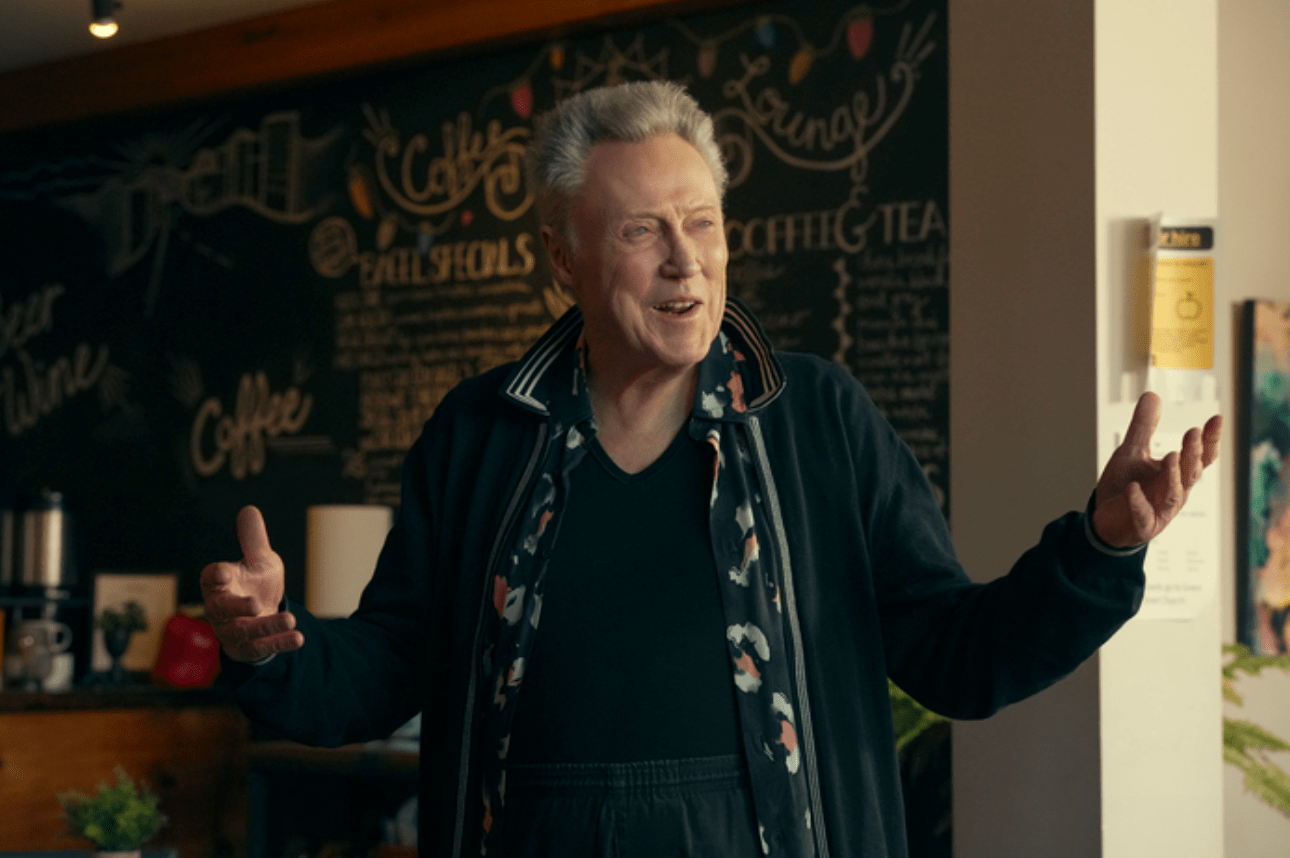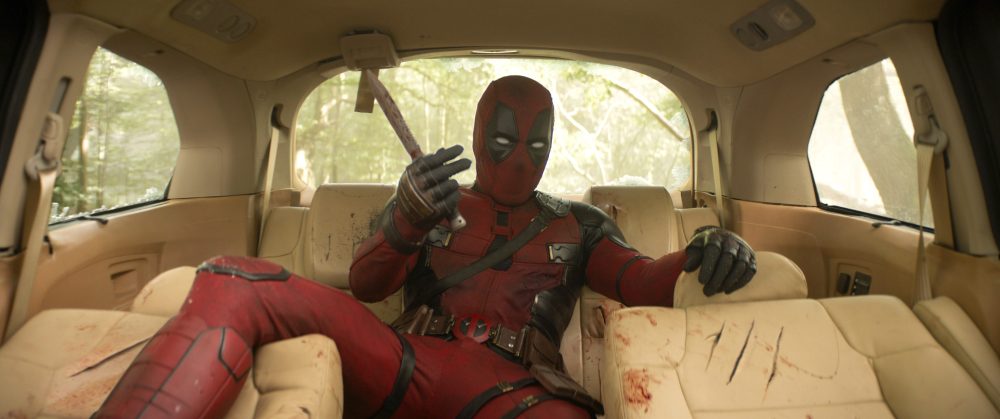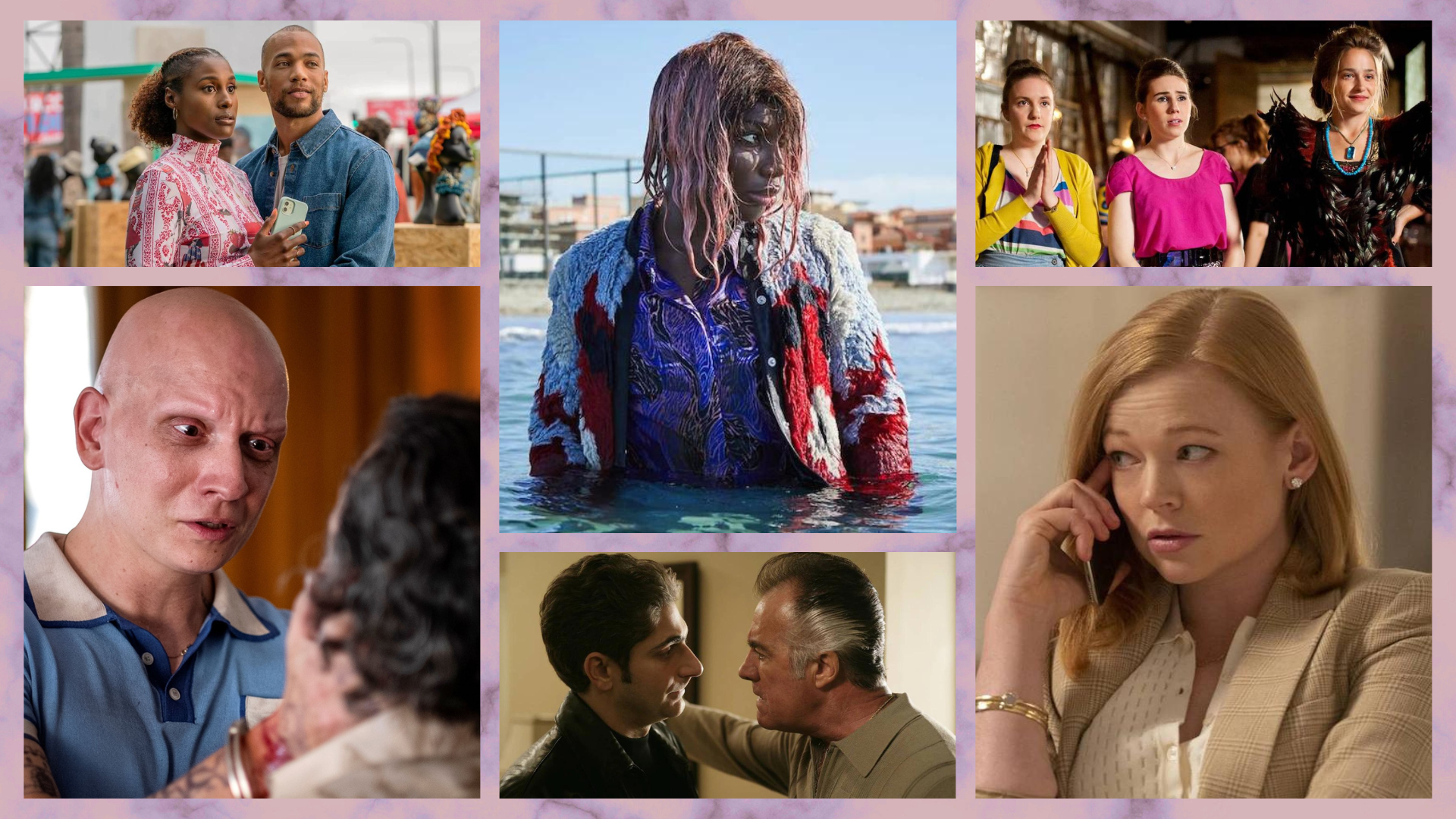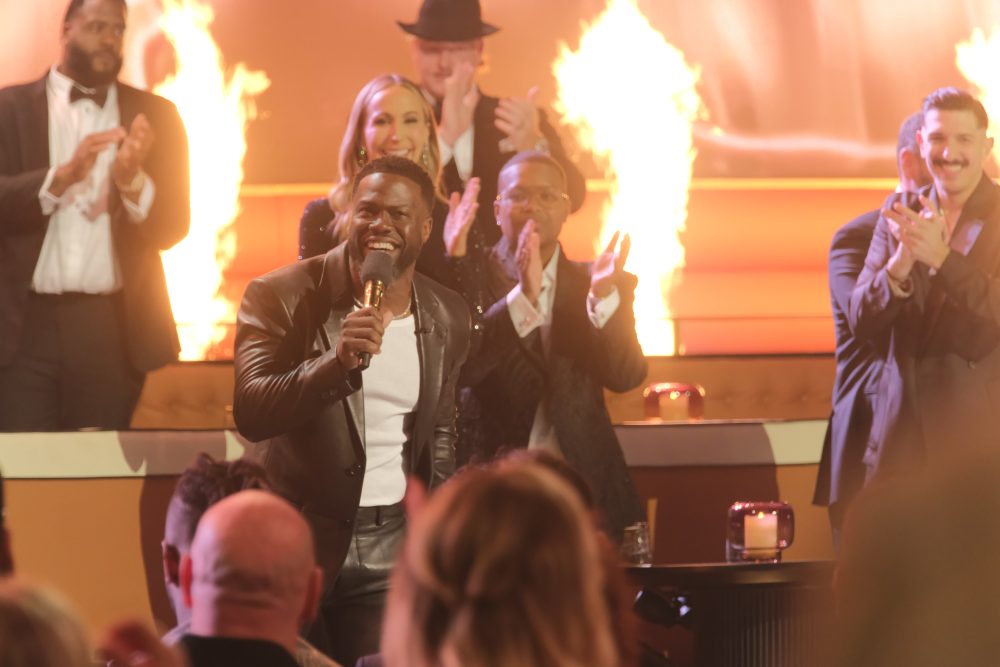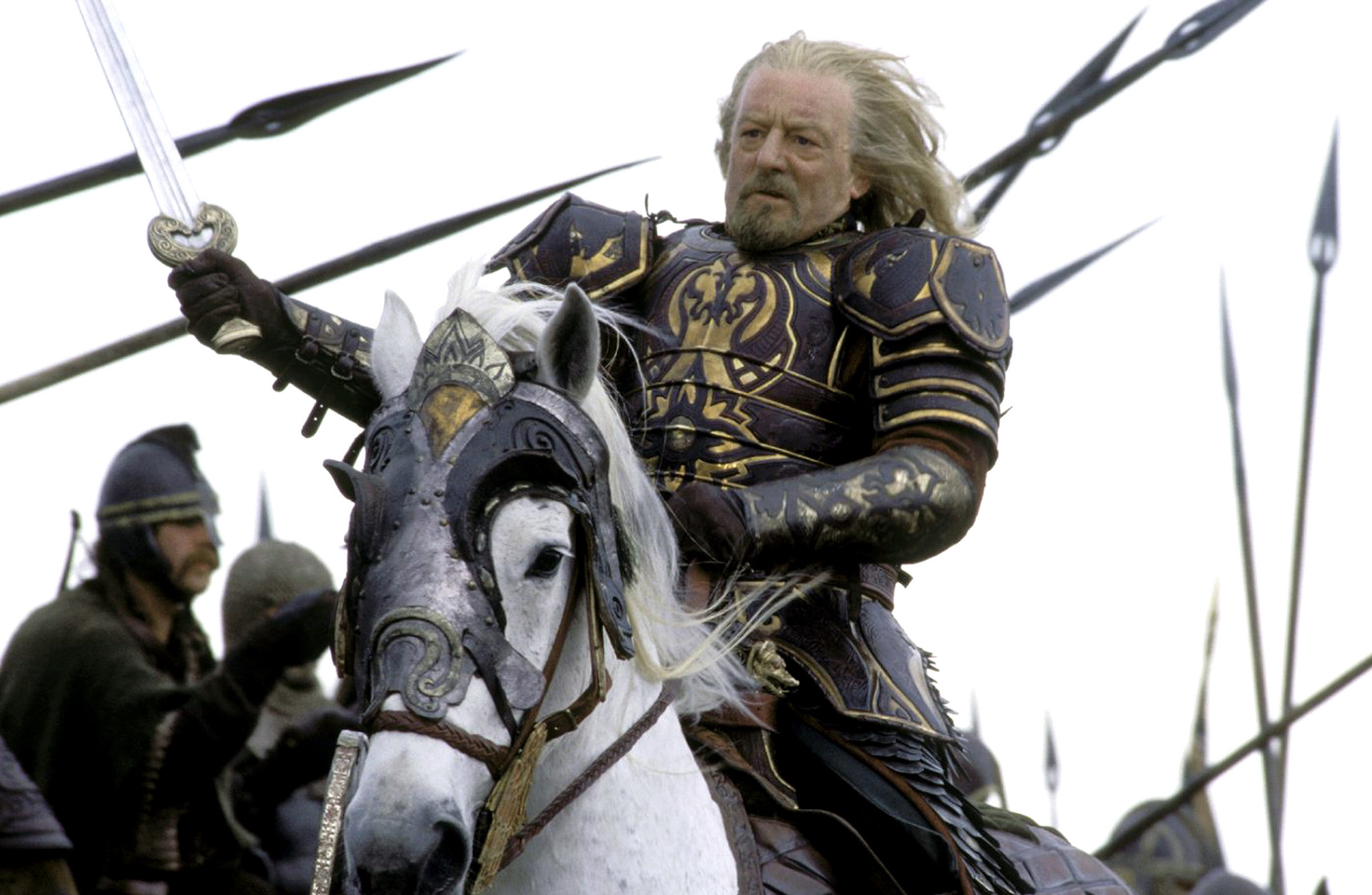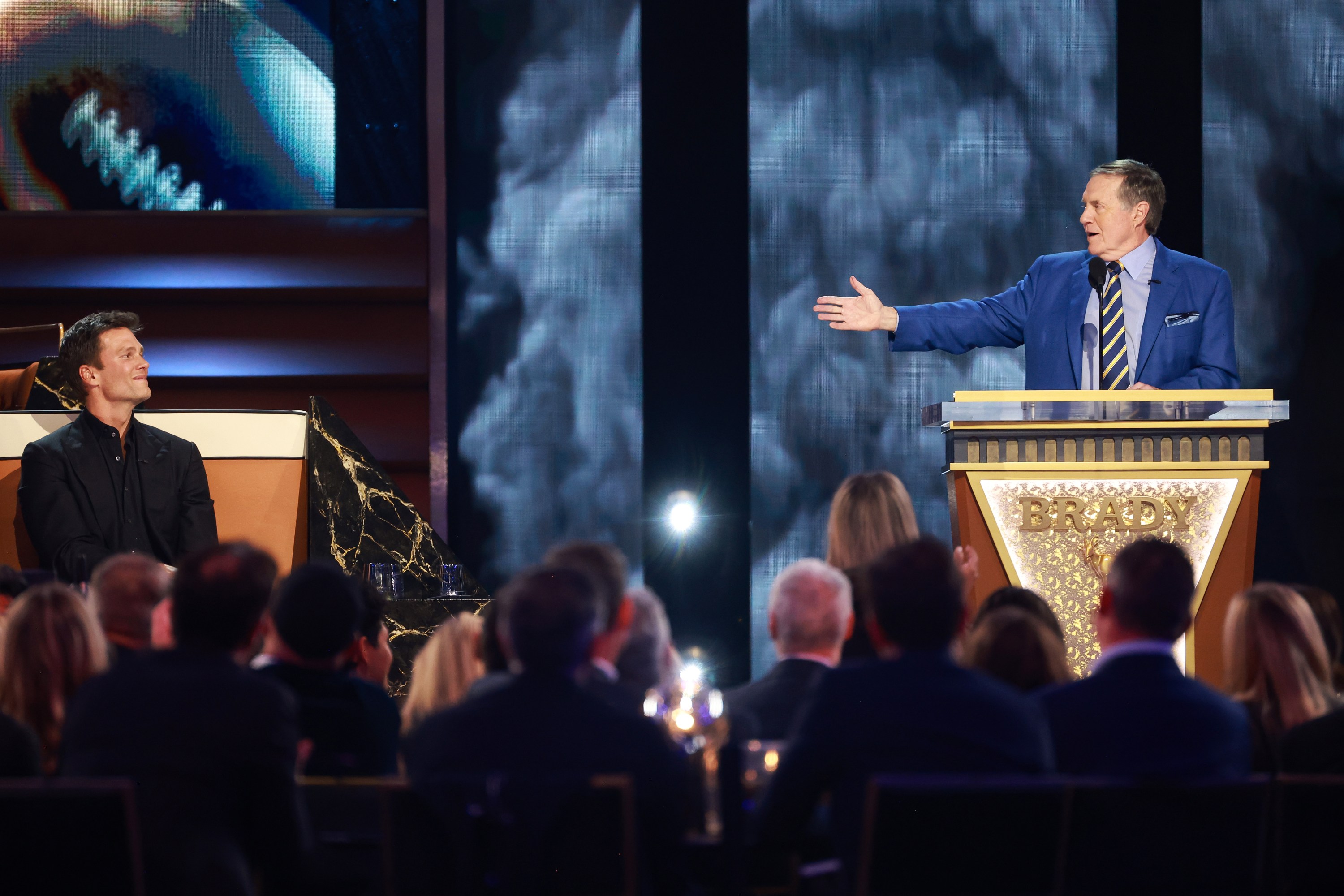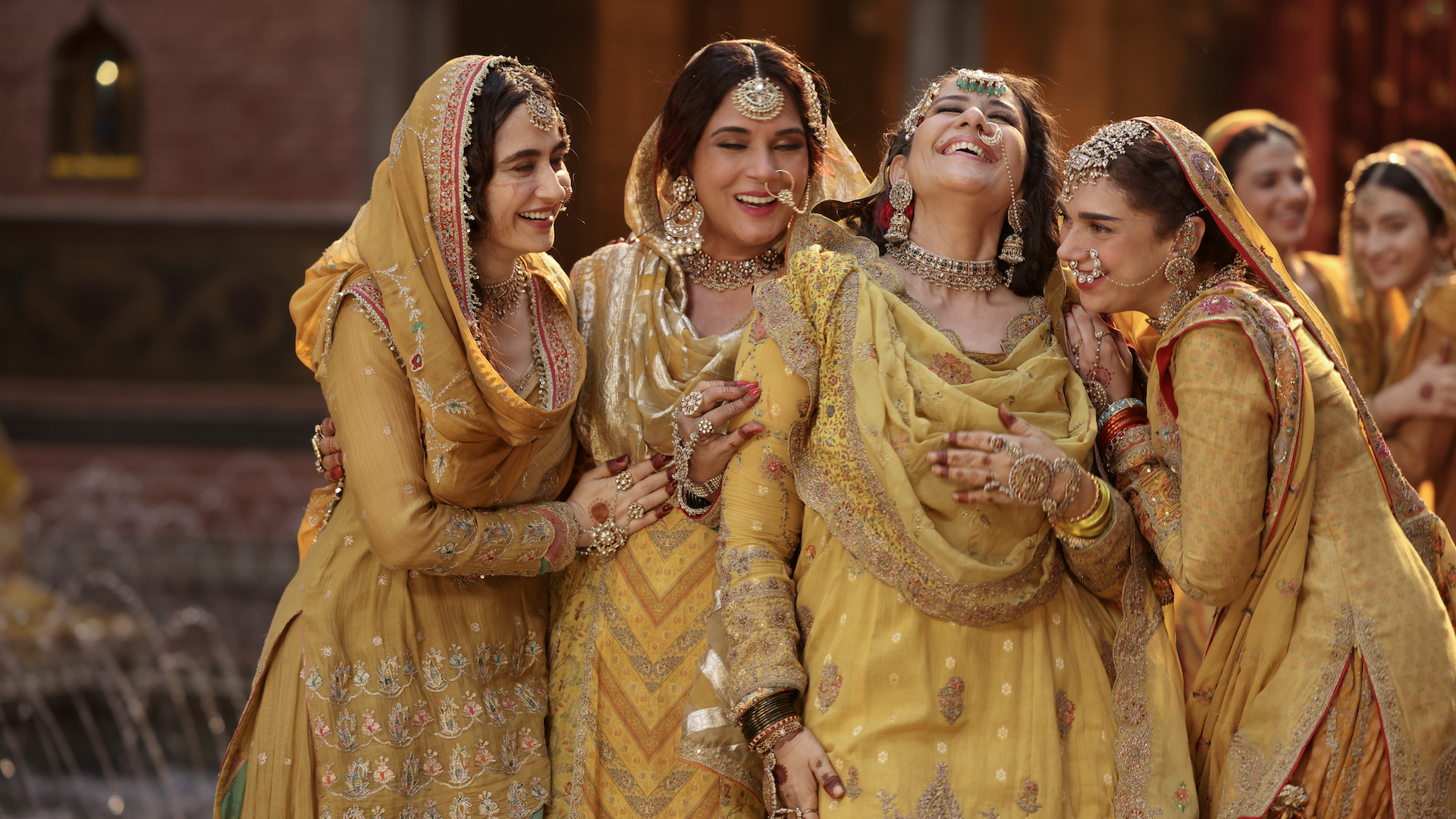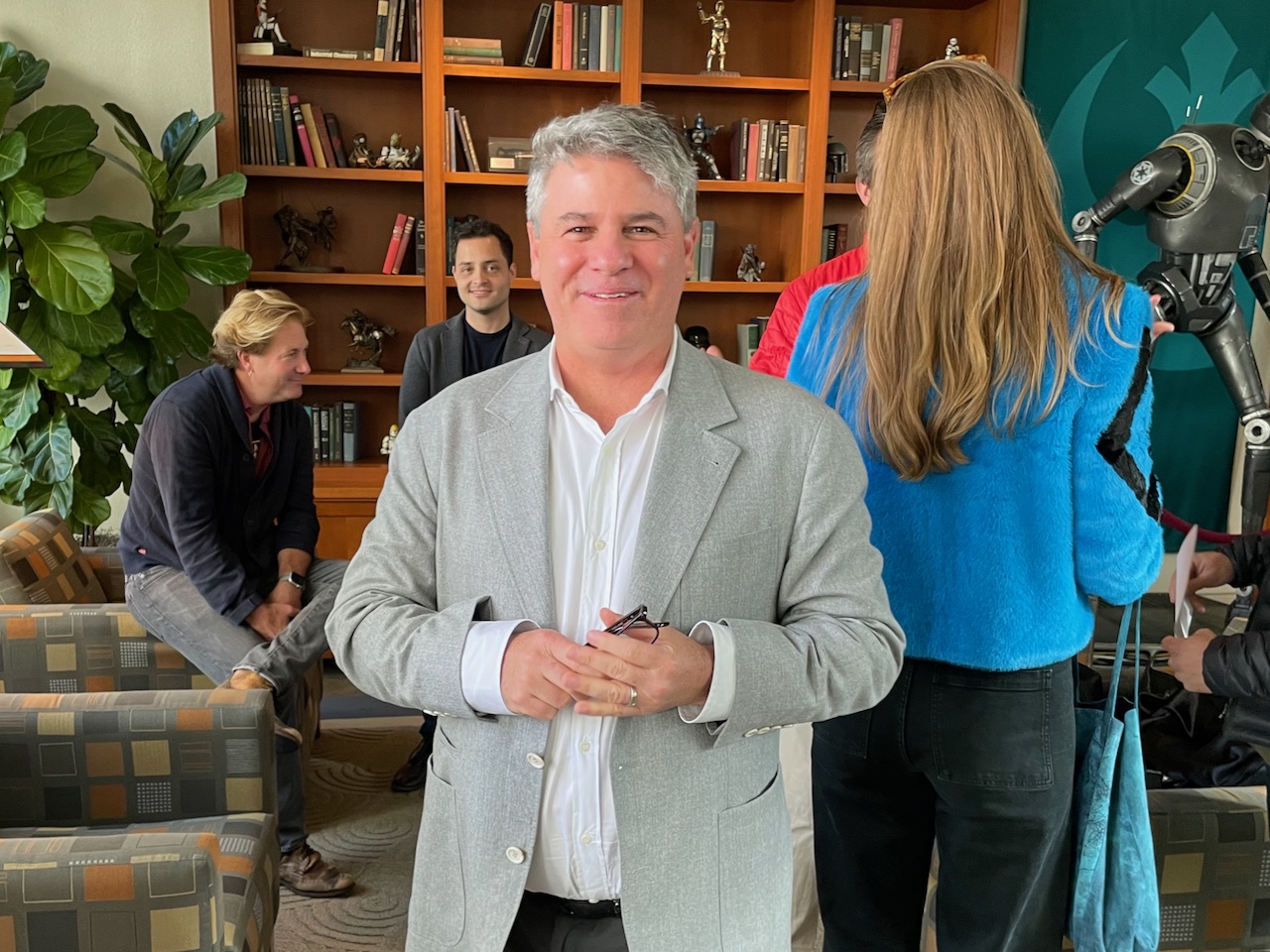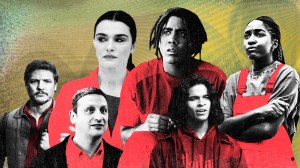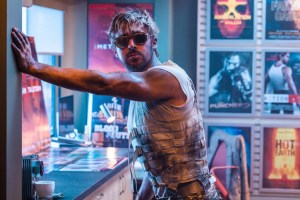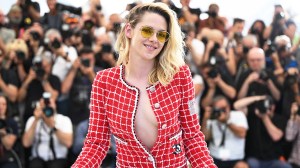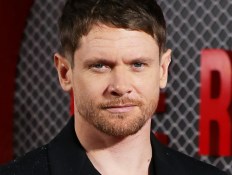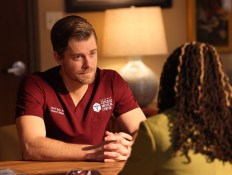By providing your information, you agree to our Terms of Use and our Privacy Policy. We use vendors that may also process your information to help provide our services. This site is protected by reCAPTCHA Enterprise and the Google Privacy Policy and Terms of Service apply.
‘Doing bad for the greater good’: Kevin Spacey, Beau Willimon and Co. Look Back at ‘House of Cards’ Season One
Jordan Cronk

On February 1st, Netflix changed the television industry. After struggling for the better part of a year to regain the trust of subscribers after an unexpected price increase and alteration to its delivery model, the streaming and distribution service took a risk on a new original series with potentially inflammatory political content. The show is “House of Cards,” an American adaptation of a novel by Michael Dobbs which was previously been the source of a hit miniseries across the Atlantic for the BBC. Showrunner Beau Willimon brought this tale of greed, corruption and disloyalty to small screens across the United States with acclaimed filmmaker David Fincher by his side as co-producer and creative director, with Netflix signing on for two seasons without a pilot.
The partnership has reportedly resulted in two million new subscribers for Netflix, more original series in production and, most importantly, the validity of a new distribution model. With all 13 episodes of season one made available to stream instantly, “House of Cards” became the first TV show to forgo weekly broadcast scheduling and instead embrace a growing demand amongst audiences’ with an interest in consuming shows at their own pace.
 Two months later and the cast and crew are in the midst of shooting season two, and couldn’t be happier or more proud of the show’s quick success. Late last week at the Academy of Television Arts and Sciences, Willimon and cast members Kevin Spacey, Robin Wright, Kate Mara, Corey Stoll, Michael Kelly, Sakina Jaffrey and Kristen Connolly sat for a panel discussion about the origins of the series and how, despite the hot button issues the show presents, “House of Cards” is truly an ensemble piece with a particular focus on the nuances of acting. Here’s are five highlights from the evening.
Two months later and the cast and crew are in the midst of shooting season two, and couldn’t be happier or more proud of the show’s quick success. Late last week at the Academy of Television Arts and Sciences, Willimon and cast members Kevin Spacey, Robin Wright, Kate Mara, Corey Stoll, Michael Kelly, Sakina Jaffrey and Kristen Connolly sat for a panel discussion about the origins of the series and how, despite the hot button issues the show presents, “House of Cards” is truly an ensemble piece with a particular focus on the nuances of acting. Here’s are five highlights from the evening.
“House of Cards” may have originated from a novel, but its roots may go back even further.
“It really started with ‘Richard III,'” Spacey explained, offering an analogy for the show’s pointed indictment of corruption and innate human selfishness. Spacey, having played Richard III on stage the prior year, got early and unexpected experience with a character equally as ruthless as his Congressman Francis Underwood. “Working as Richard really helped me,” he continued.
Not only were Richard III’s ideals a point of reference, but the functionality of his stage performance and in particular the theater’s narrative technique of directly addressing the audience informed Spacey’s portrayal of a politician who’ll stop at nothing to satisfy both his personal and professional urges. “I saw the glee of the audience becoming co-conspirators,” he explained of the fourth wall-breaking expositions. “I started to understand that relationship.”

“House of Cards” may have subject matter in common with shows we’ve seen before, but the approach is something altogether new.
“The West Wing,” probably the most famous and popular political television show of all time, has been a point of reference for some. But “House of Cards” “is fundamentally different from ‘The West Wing,'” according to Willimon. “‘The West Wing’ is what we hope government could be. ‘House of Cards’ is probably closer to what it’s actually like.”
And their method of shooting — two episodes shot simultaneously with the same director — has further influenced the feel of the show and has separated “House of Cards” from those that came before. “We didn’t want to do a pilot. We just wanted to tell a story,” Spacey said. “I don’t feel like I’m in episodic TV. I feel like I’m in a really long film.” Actors Corey Stoll and Michael Kelly agreed, comparing the shooting method and unrestricted narrative of the show to “the golden age of film in ‘70s” and the experience akin to “shooting a little movie at a time.”
Netflix’s risk paid off for both the industry and the audience.
The rise of the mainstream movie industry in the ‘90s eventually devolved into a new millennium of tentpole films and effects-driven franchises. “It created a void,” Spacey said. “No writer or director worth his salt wouldn’t try and fill that void,” he continued, noting the widespread move of American filmmakers from Hollywood to television. When asked about the risk and the resulting revenue that Netflix has accumulated because of the show’s success, Sakina Jaffrey simply said that “Netflix is making money by saying, ‘Audiences are smart.'”
“The film and TV industry can learn the lesson that the music industry never learned,” Spacey added. “You don’t need to give the audience everything on a plate. The unspoken is powerful,” he continued. Willimon agreed: “Netflix is always looking to shake things up.” They’ve given audiences “viewer empowerment: a choice.” But he was quick to reiterate that just because they decided to make every episode available instantly, that “doesn’t necessitate binge watching” on the part of the audience. “They have the option.”

Despite the pedigree of the producers behind the show, “House of Cards” is first and foremost an actor’s piece.
Despite not being in attendance, director David Fincher’s presence loomed large. “Fincher told me early on: Cast well and get the hell out of the way,” Willimon recalled. Against the odds, all eventual cast members turned out to be both Willimon and Fincher’s first choices. And the individual roles are vital. Spacey may be the face of the show, but he made it a point to thank Willimon for “writing incredible roles for women.” And those roles, for Wright, Mara, Jaffrey, and Connolly, cover a wide range. Wright’s Clare Underwood is tough but “respects anyone who gets the job done” — even Mara’s Zoe Barnes, a journalist entangled in a morally compromising relationship with her husband.
Being a reporter “is just who she is,” Mara explained. “That she’s determined and motivated are the more important aspects of her to understand.” Jaffrey, meanwhile, as a female Chief of Staff, takes particular pride in both her character and even the more questionable motives of those around her: “All the characters have the confidence of their own convictions.” Connolly’s Christina Gallagher, girlfriend of troubled Congressman Peter Russo, is, by contrast, extremely ethical but equally animated. “She’s strong in her moral center, if less optimistic,” she explained.
 Christina’s skepticism is fueled by the men she sees both thriving and collapsing around her. Kelly explains his and Spacey’s characters’ motivation thusly: “Doing bad for the greater good.” Willimon added that, like President Lincoln before them, “they are doing unconstitutional things to save the constitution. Politics are inherently contradictory.” “Francis is a version of extreme American individualism,” Spacey said of his character.
Christina’s skepticism is fueled by the men she sees both thriving and collapsing around her. Kelly explains his and Spacey’s characters’ motivation thusly: “Doing bad for the greater good.” Willimon added that, like President Lincoln before them, “they are doing unconstitutional things to save the constitution. Politics are inherently contradictory.” “Francis is a version of extreme American individualism,” Spacey said of his character.
Hoping to establish Underwood’s demeanor straightaway, Willimon wrote the show’s opening scene, in which Underwood kills a dog that has been hit by a car, only to receive some wary comments about the brutality of such an essentially merciful act. Ultimately, they went with opening as planned and Willimon got his movie star entrance out of Spacey while instantly outlining the show’s thorny moral territory. “If you’re not down with the dog getting killed in the first 20 seconds then this isn’t the show for you,” Willimon joked.
Real life politicians have been not only supportive but surprised by the show’s accuracy.
 “That it’s remarkably close,” Spacey said when asked about the feedback he’s received from members of government. In order to facilitate this accuracy, Spacey spent time with both the current and majority whip in an effort to research his character and the political lifestyle. “The fringes are being explored, content-wise,” Stoll said. But as they shot the first season of the show during last year’s Presidential election, and the cast and crew watched the daily news after shooting had wrapped, they began to see the parallels and potential of their own narrative.
“That it’s remarkably close,” Spacey said when asked about the feedback he’s received from members of government. In order to facilitate this accuracy, Spacey spent time with both the current and majority whip in an effort to research his character and the political lifestyle. “The fringes are being explored, content-wise,” Stoll said. But as they shot the first season of the show during last year’s Presidential election, and the cast and crew watched the daily news after shooting had wrapped, they began to see the parallels and potential of their own narrative.
After seeing some of the things that were transpiring in Washington, Spacey realized that “our storylines aren’t that crazy!” Again referencing President Lincoln, Spacey reminded that history often repeats itself, that “in the end he did what he had to do to get a piece of legislature through.” Spacey obviously doesn’t condone the actions of his character, but he nonetheless remains optimistic about what these revelations might mean for our current administration.
By providing your information, you agree to our Terms of Use and our Privacy Policy. We use vendors that may also process your information to help provide our services. This site is protected by reCAPTCHA Enterprise and the Google Privacy Policy and Terms of Service apply.
